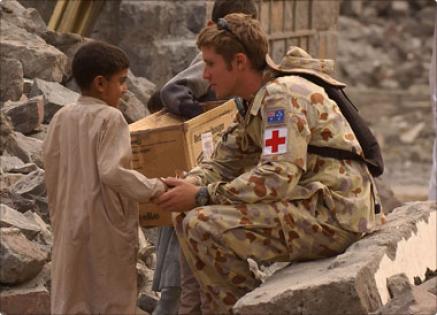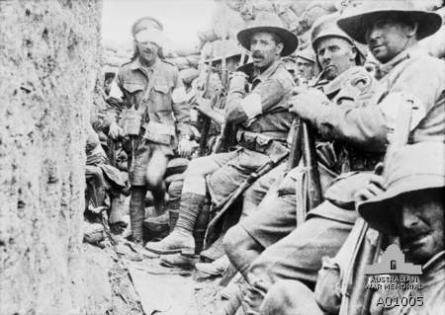With more than 3,000 Australian Defence Force members currently deployed on operations around the world, today we celebrate the 98th anniversary of the Australian and New Zealand forces landing at Gallipoli.
The Battle of Gallipoli (or the Battle of the Dardanelles after the mountain range) took nine months. The purpose of it was to secure a sea route from Europe to Russia. It was the first major battle in which Australia and New Zealand had participated. It was long and bloody for all sides, with 53,000 Allied troops and 57,000 Turkish troops killed. The total number of Australian deaths was 8,700 and New Zealand 2,700 with 19,400 and 4,700 more injured respectively. Other Allies included the British (who also suffered heavy casualties), the French, India and Canada.
Today, Australia’s service men and women are involved in:
- contributing to the international campaign against terrorism, maritime security in the Middle East Area of Operations and countering piracy in the Gulf of Aden;
- contributing to various UN missions; and
- assisting and enhancing security and stability in our region, including border protection duties in Australia’s maritime domain.
“The Anzac spirit lives on in the hearts and minds of all Australians as we acknowledge the courage and sacrifice of those who have contributed so much in shaping the identity of our nation,” says General David Hurley, Chief of the Defence Force.
General Hurley says Anzac Day is also a time to acknowledge the role of all those who have served on the home front, providing support and boosting the morale of their deployed loved ones.
While Anzac Day commemorations remember the original ANZACs who died on 25 April 1915, over the 98 years it has taken on a broader commemoration of also honouring all the men and women who have served in wars, conflicts, peacekeeping, disaster relief and humanitarian assistance missions.
Show your support for our troops this Anzac Day by leaving a message for them here. Telstra is donating $1 for every message to Legacy (up to $20,000) so they can continue their good work helping defence force personnel and their families.
 To
To
2013: in Afghanistan








 Agree (0)
Agree (0) Disagree (
Disagree (

__small.jpg)








__small.png)










